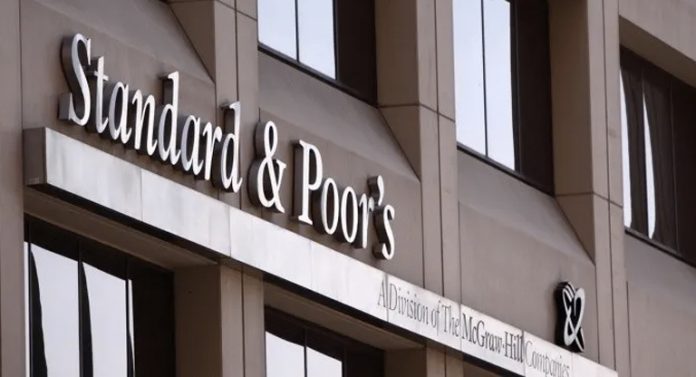The rating agency S&P Global Ratings raised El Salvador’s rating from ‘SD/SD’ to ‘CCC+/C’, after yesterday declaring it in selective default for one day.
On Tuesday the agency said it lowered El Salvador’s sovereign credit ratings to ‘SD’ following a pension debt swap on April 28, “which we consider problematic given the government’s limited financing alternatives.”
“Since the new terms took effect immediately, the default has already been cured” and therefore “we plan to upgrade the long-term and short-term ratings on May 10, most likely to ‘CCC+’ and ‘C’ , respectively,” he reported.
The government of El Salvador offered private pension funds a mix of three instruments with different maturities, interest rates, and principal repayment profiles.
Two of the new instruments match the terms of previously outstanding pension certificates, and the third instrument has a higher interest rate, longer maturity, and a different repayment profile.
The Pension Fund Administrators (AFP) decided to allocate 99% of their portfolio to the third certificate that pays a higher interest rate (7% instead of the 4.5% or 6% rate offered in the previous certificates) but has a longer maturity (50 years instead of 24 years or 44 years of outstanding maturities).
The amortization profile of these certificates has no principal or interest payments during the first four years. As a result, following the swap, the government will have tax relief of around US$500 million per year for the next four years (around 1.5% of GDP per year).
What does the CCC+ rating mean?
S&P said the long-term sovereign issue ratings at ‘CCC+’ is because the government has kept up with its principal and interest payments on its Eurobonds.
Country notes showed one of the best returns in emerging markets
In addition, the government paid a substantial amortization bullet bond in January 2023 for US$604 million by obtaining financing from multilateral credit institutions and after two debt buybacks in 2022, which reduced the amortization of the bullet bond (originally US$800 million ).
However, the ratings remain constrained by limited financing alternatives, heavy reliance on short-term debt, high debt and high debt service payments, amid a weak payment culture, it warned. Dollarization also limits monetary flexibility.
Agencies evaluate El Salvador
On May 5, Fitch placed El Salvador in selective default because it considered that the pension debt swap deteriorates the conditions of those commitments, but acknowledged that it gives the government some liquidity and immediately upgraded its rating to ‘CCC+’.
The agency explained its change to that an event of default does not “seem likely”, although it did consider that there is an adverse change in the conditions of the pension debt.
The reaction of President Nayib Bukele in a tweet, after the Fitch announcement, was to highlight this rating improvement, ignoring the default event, and said that “the Fitch Ratings guys have just improved El Salvador’s credit rating 3 positions in a single day.
Earlier this week, JP Morgan said that it expects El Salvador’s fiscal conditions to improve after the government completed the payment of the 2023 bonds and the pension debt swap.
With information from Bloomberg
